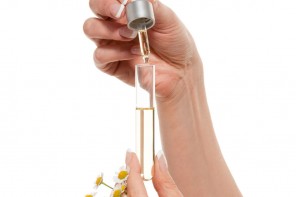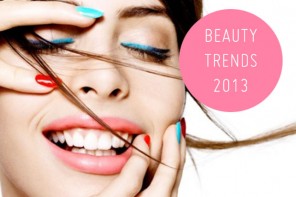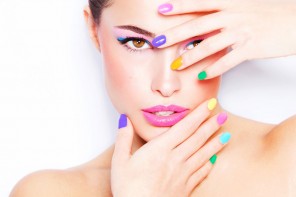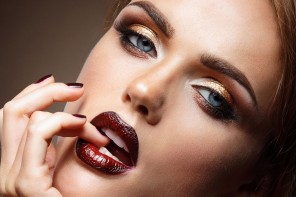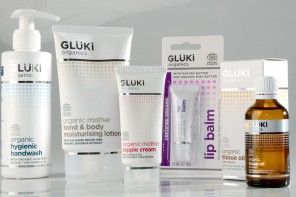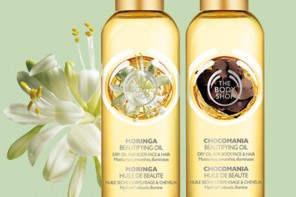Written by: Giulia Simolo
It’s hard to imagine that the new luscious lipstick you bought which works so well with your skin tone and makes you feel gorgeous is packed with chemicals and is bad for the environment. But this is a reality in many non-organic makeup products. It’s a good idea to take the leap to more eco-friendly makeup that’s packed with kindness, both to your skin and the environment.
Chemical crackdown
Do you shop for cosmetics with the same keen eye as when you grocery shop? Chances are you scrutinise food products much more than mascaras and lipsticks, and yet there are many chemicals present in makeup products that can prove dangerous to your health. You might not think they’re serious considering you’re not eating them, but the skin can absorb up to 60% of what you put on it, so it’s worth avoiding the chemicals. When buying makeup, always check the labelson products. Here are some chemicals to keep an eye out for and avoid:
- Butyl acetate. It is considered to be a skin, eye and lung irritant.
- Ethyl acetate. It can be linked to cancer, is an eye, skin and lung irritant, and has toxins that can harm organs.
- Formaldehyde is an ingredient best avoided because it has been claimed to be linked to cancer, allergies, organ toxicity and cellular changes.
- Talc can also be a skin, eye or lung irritant.
- Propylene glycol can be harmful to the brain and nervous system, as well as cause allergies.
Click here for a more comprehensive list of chemicals to avoid as well as their dangers.
Take a stand against animal testing
Although animal testing has lowered significantly in recent years due to pressure from animal activists, it sadly still occurs. Some questions concerning animal testing include: is it necessary to make animals suffer so that we are assured of safer cosmetics? Why should we cause harm to animals for our use and pleasure of cosmetics? For many, the answers are “no” and “we shouldn’t.” Scarily, although some cosmetic brands claim that they do not test their makeup on animals, they find ways to go around the issue. For instance, sometimes they will test individual ingredients on animals, not the final product that is being sold to consumers. Testing could still be happening but we are not aware of it. So where does that leave us as consumers, who do not want a part in this horrible scenario? We need to purchase makeup that is vehemently against animal testing. Here are some safe brands you can rely on:
- Avon
- Clinique
- Estee Lauder
- Urban Decay
Although it’s not always easy to know for sure whether or not a cosmetics company is conducting animal tests, if they take a stand against the issue they are also putting their reputation on the line so they are more likely to stay in-check to avoid losing business if they get caught out. However, it’s always a good idea to do a bit of research into the companies you are unsure of. The PETA website offers a chance for you to check out which companies are against animal testing and which ones are not.
Environmental hazards in your makeup box
Where does discarded makeup end up? Millions of plastic jars, tubes and containers wind up in landfills, causing harm to the planet and animals. The packages often contain chemicals which contaminate the water, marine life, and land animals. It’s therefore important to follow certain safety tips concerning makeup product containers and packaging.
- Never flush unused products down the toilet as this brings the chemicals directly into the water supply.
- Try to reuse containers wherever possible when it concerns shampoo bottles and soap dispensers.
- Try to purchase makeup that doesn’t come in a lot of packaging so that you reduce waste.
The liveeco team

